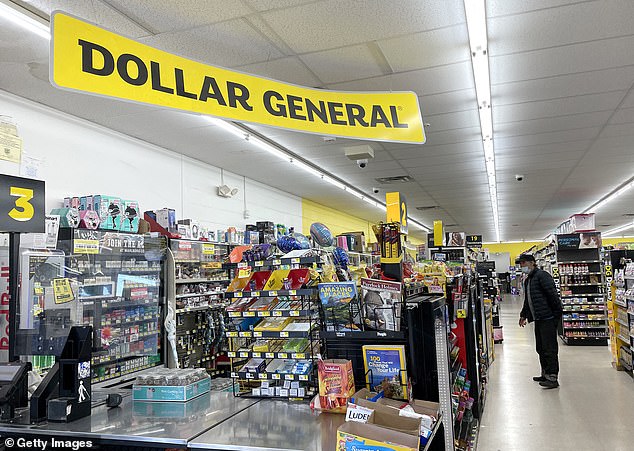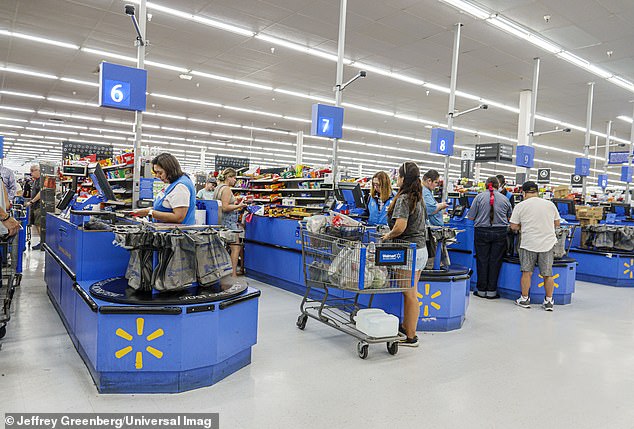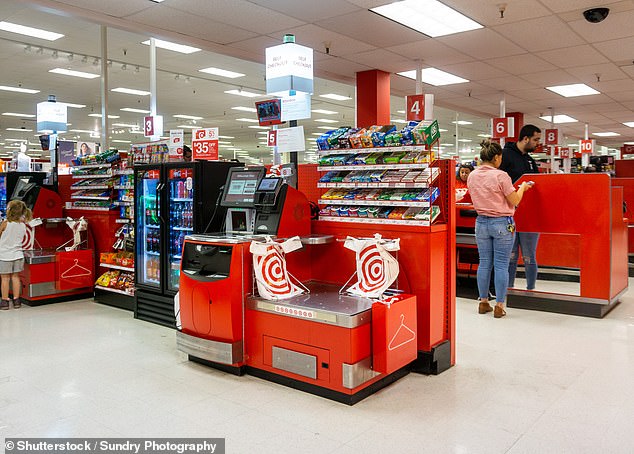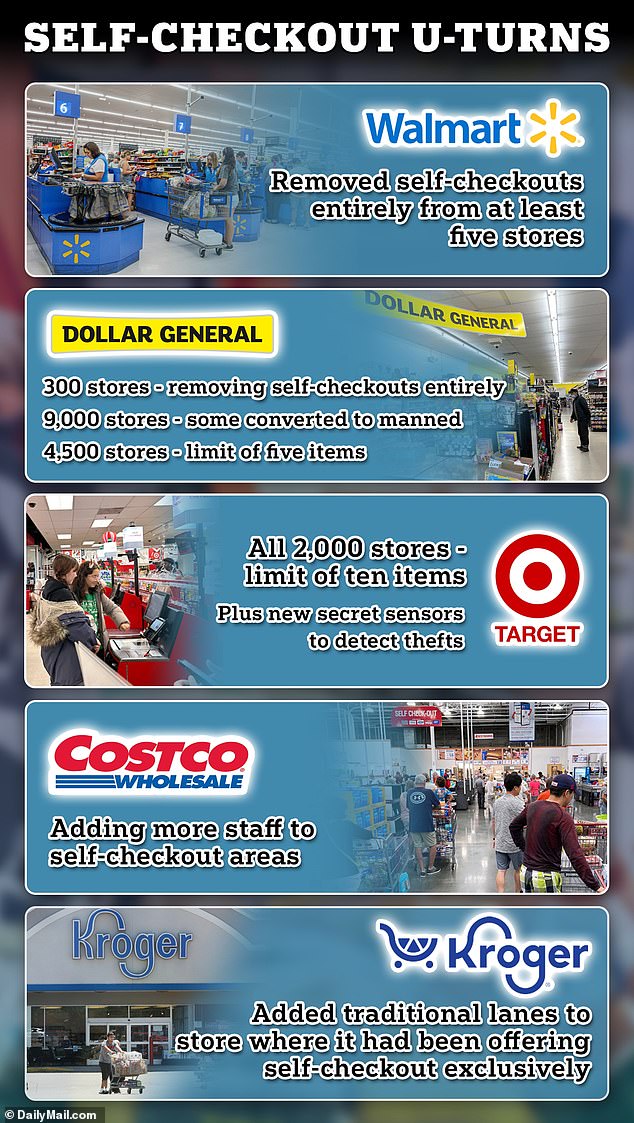As major U.S. stores limit or ban self-checkout altogether to reduce skyrocketing retail theft losses, pro-union politicians are seeing a window of opportunity.
Walmart, Dollar General and Five Below are among the US retailers that have banned self-checkout entirely or in certain locations. Target is limiting its self-checkout systems to 10 items or less, while Costco will add more staff to self-checkout areas.
Progressive California state lawmakers want to go a step further: taking the decision out of retailers’ hands and severely limiting self-checkout with a new piece of legislation.
The proposed bill, amended Thursday, would require stores to have one employee present for every two self-checkout machines, thus keeping people at their jobs instead of letting technology take over.
On top of that, it says self-checkout machines can only be used by shoppers with 15 items or less, compared to the 10-item limit in a previous version.
Democrat Lola Smallwood-Cuevas, a California state lawmaker from Los Angeles, introduced the bill that would require grocery stores and pharmacies to have employees monitor self-checkout machines.

Smallwood-Cuevas, a former union organizer, says her bill is not “tough on crime,” but rather “smart” on crime.
The bill also requires that at least one employee must staff the regular checkout aisle.
State Sen. Lola Smallwood-Cuevas, D-Los Angeles, introduced the bill in February and recently said its purpose was to reduce shoplifting while keeping retail workers safe.
‘We have so many bills in this Legislature that try to increase penalties,’ Smallwood-Cuevas told the New York Times last week.
‘We know that what makes our community safe is not more penalties and jail terms. What makes our community safe is real law enforcement, having real workers on the ground.’
Beyond the bill’s goal of having more employees in the room to possibly deter theft, it includes provisions that don’t focus on crime at all.
If passed, the bill would require stores that install self-checkout machines to first conduct a study analyzing how many “employee tasks would be affected by technology in the workplace.”
These studies would also need to address “the total amount of wages and benefits that would be eliminated as a result of technology in the workplace.”
Once completed, managers would need to circulate the analysis to potentially affected employees or their collective bargaining representatives.

Dollar General is among retailers that have announced sweeping changes to automated checkouts at stores across the US.

At two stores, in Missouri and Ohio, Walmart will completely replace self-checkout machines with “traditional” staffed lanes, as shown in the image.

Target is rolling out new scanners to combat theft at its self-checkout machines, which will roll out to all stores by the end of the year. It also now limits self-checkout customers to 10 items or less.
The bill has support from groups representing workers, including the California Federation of Labor, the California Prosecutors Alliance and the United Food and Commercial Workers.
The president of the local chapter of the United Food and Commercial Workers said that “employers have increasingly implemented automated pay to dramatically cut staff and reduce labor costs.”
The press release from the union supporting the bill does not mention the word “crime” at all and only mentions “robbery” twice. He uses the words “jobs,” “staffing,” and “displacement” a total of ten times.
Opponents of the bill, mostly business groups, say individuals and groups supporting Smallwood-Cuevas’ bill are more focused on ensuring people stay employed than on deterring retail theft.
“Retail theft committed in stores has been committed brazenly regardless of whether employees are manning checkout lines or the presence of self-checkout lanes,” the California Chamber of Commerce and the California Retailers Association told a legislative committee state in a letter. obtained by the Sacramento bee.
In response to criticism, Smallwood-Cuevas, a former union organizer, has noted A study That shows that self-checkout lanes are 16 times more vulnerable to theft than cashier lanes.
“I don’t want to just be tough on crime,” she said of her bill. “I also want to be smart about it and I think this is one way to do it.”
Smallwood-Cuevas’ focus on theft comes after shoplifting increased 61 percent in Los Angeles alone during 2023.

Some major retailers have taken steps this year to reverse the failed self-checkout experiment. The machines were designed to reduce labor costs, but led to an increase in theft.
With statistics like that in mind, Californians are signaling that they support a shift toward tough-on-crime policies.
Californians for Safer Communities, a bipartisan group made up of law enforcement, elected officials and companies like Walmart and Target, said in April it had collected 900,000 signatures in support of a ballot measure that strengthens penalties for theft and drug possession crimes. , reported the Associated Press. reported.
Californians could vote on that measure statewide this November, and if it passes, many of the shoplifting crimes that are currently classified as misdemeanors will become felonies.
Meanwhile, big retailers are taking matters into their own hands.
Walmart, Target, CVS, Walgreens and many other stores have resorted to chaining items like toiletries and medications to prevent theft, which shoppers say is a major inconvenience.
The frenzy among big retailers to protect their products from thieves has recently expanded to the point of even locking up underwear and socks.


